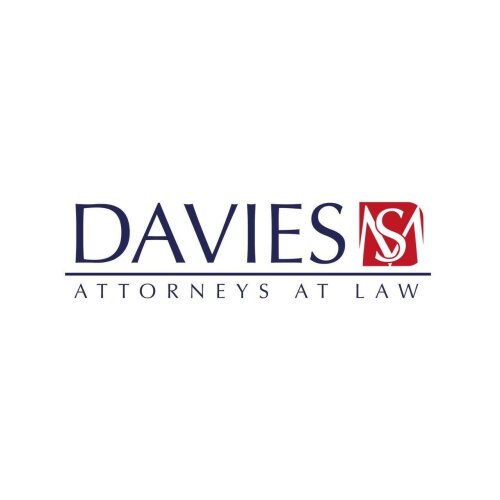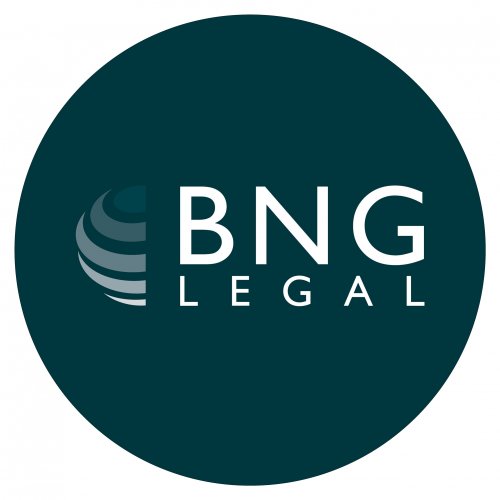Best Administrative Lawyers in Cambodia
Share your needs with us, get contacted by law firms.
Free. Takes 2 min.
Or refine your search by selecting a city:
List of the best lawyers in Cambodia
About Administrative Law in Cambodia
Administrative law in Cambodia refers to the body of law that governs the activities of administrative agencies of the Cambodian government. These include rules, regulations, orders, and decisions created by and related to administrative agencies, such as public tribunals and commissions. It is important to get a clear understanding of the rights, privileges, obligations, and duties accorded to you by these laws.
Why You May Need a Lawyer
There are several situations in which you might need a lawyer for administrative proceedings in Cambodia. These could involve disputes relating to public services, permits and licenses, public contracts and concessions, public procurement, or any disciplinary proceedings against public servants. A lawyer can provide assistance in understanding and navigating these complex legal processes, ensuring that your rights are protected and you get favorable outcomes.
Local Laws Overview
Local administrative laws in Cambodia primarily reside in the 1993 Constitution, which promotes balance and checks in the administrative structure. Key laws relevant to administrative actions include the Law on Administrative Management of the Capital, Provinces, Municipalities, Districts, and Khan; the1996 Law on Taxation; and the Law on Investment of the Kingdom of Cambodia. Understanding these local laws can be complex and requires professional legal assistance.
Frequently Asked Questions
What are administrative laws?
Administrative laws are the body of laws that govern administrative decisions made by the government. They include licenses, public services, and decisions affecting an individual's personal or property rights.
When should I hire an administrative lawyer?
If you are involved in issues relating to public services, governmental permits and licenses, or have any disciplinary proceedings against public servants, it may be beneficial to seek legal counsel.
Are my rights protected under administrative law?
Yes, administrative law is designed to protect the rights and privileges of individuals and organizations in their interactions with government agencies.
What are the consequences of not understanding administrative law?
Failure to understand administrative law could lead to unfair treatment, misuse of your rights, or loss of privileges. It may also result in fines, penalties, and other legal consequences.
How does administrative law affect public servants?
Administrative law governs the conduct of public servants to ensure that they carry out their duties effectively, ethically, and in the best interest of the public.
Can I handle administrative disputes on my own?
While it is possible to handle some administrative disputes on your own, the complexity of administrative laws might require the aid of a legal professional especially for serious or complicated cases.
Additional Resources
The Council of Jurists and the Ministry of Justice in Cambodia offer resources and guides to help individuals with administrative issues. Professional administrative lawyers also provide additional resources and legal assistance.
Next Steps
If you need legal assistance in administrative issues, it's best to consult with a professional administrative lawyer who can guide you properly. They can help you understand the laws, your rights, obligations, and the best way to approach your issue. Before any consultation, gather all necessary documents or information relating to your issue to facilitate the process.
Lawzana helps you find the best lawyers and law firms in Cambodia through a curated and pre-screened list of qualified legal professionals. Our platform offers rankings and detailed profiles of attorneys and law firms, allowing you to compare based on practice areas, including Administrative, experience, and client feedback.
Each profile includes a description of the firm's areas of practice, client reviews, team members and partners, year of establishment, spoken languages, office locations, contact information, social media presence, and any published articles or resources. Most firms on our platform speak English and are experienced in both local and international legal matters.
Get a quote from top-rated law firms in Cambodia — quickly, securely, and without unnecessary hassle.
Disclaimer:
The information provided on this page is for general informational purposes only and does not constitute legal advice. While we strive to ensure the accuracy and relevance of the content, legal information may change over time, and interpretations of the law can vary. You should always consult with a qualified legal professional for advice specific to your situation.
We disclaim all liability for actions taken or not taken based on the content of this page. If you believe any information is incorrect or outdated, please contact us, and we will review and update it where appropriate.
Browse administrative law firms by city in Cambodia
Refine your search by selecting a city.












